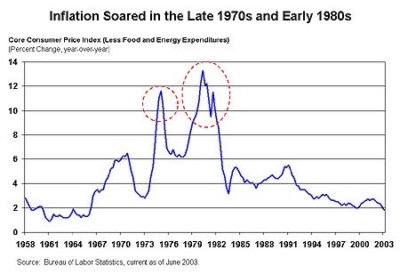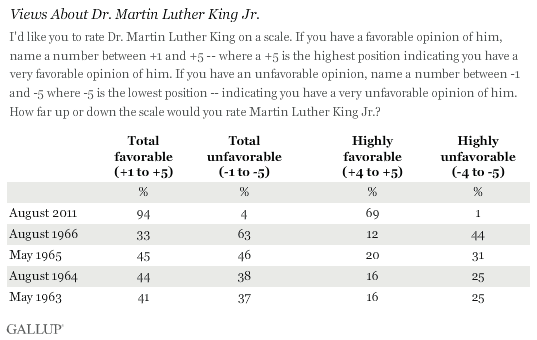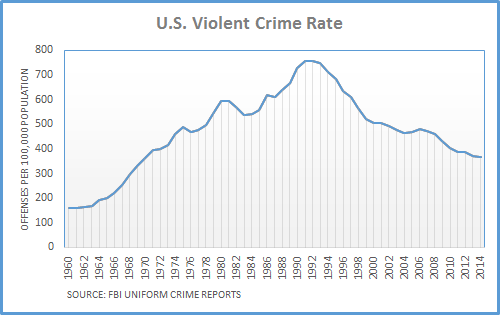For Tuesday, read Hershey, ch. 6 and 7.
Simulation
Types of advocacy groups (Schatzinger and Hershey 279-285)
PACs and Super PACs
Dark Money and Democrats (But GOP spent more in 2022)
As part of their membership in the Democracy Alliance, donors agree to giving $200,000 per year to a list of preapproved organizations, in addition to dues that fund the operations of the group itself, according to a spokesperson. The alliance has supported the liberal think tank Center for American Progress, the progressive media watchdog Media Matters for America and the American Constitution Society, a liberal counterpart to the conservative Federalist Society.
Non-Coordination Coordination (See Schatzinger)
- Interlocking directorates
- Common vendors
- Microsites and Redboxing
- Evading coordination limits by Microsite B-Roll:
Dark Money and January 6 (and CPAC)
Foreign money is illegal, but... Russia plays, too.
The IRA [Internet Research Agency, Russian troll farm in St. Petersberg] organized and promoted political rallies inside the United States while posing as U.S. grassroots activists. First, the IRA used one of its preexisting social media personas (Facebook groups and Twitter accounts, for example) to announce and promote the event. The
IRA then sent a large number of direct messages to followers of its social media account asking them to attend the event. From those who responded with interest in attending, the IRA then sought a U.S. person to serve as the event's coordinator. In most cases, the IRA account operator would tell the U.S. person that they personally could not attend the event due to some preexisting conflict or because they were somewhere else in the United States. The IRA then further promoted the event by contacting U.S. media about the event and directing them to speak with the coordinator. After the event, the IRA posted videos and photographs of the event to the IRA's social media accounts.
The Office identified dozens of U.S. rallies organized by the IRA. The earliest evidence of a rally was a "confederate rally" in November 2015. ... From June 2016 until the end of the presidential campaign, almost all of the U.S. rallies organized by the IRA focused on the U.S. election, often promoting the Trump Campaign and opposing the Clinton Campaign. Pro-Trump rallies included three in New York; a series of pro-Trump rallies in Florida in August 2016; and a series of pro-Trump rallies in October 2016 in Pennsylvania. The Florida rallies drew the attention of the Trump Campaign, which posted about the Miami rally on candidate Trump's Facebook account (as discussed below).
Posted on: Facebook
Created: October 2016
Ad spend: 64 rubles ($1.10)












